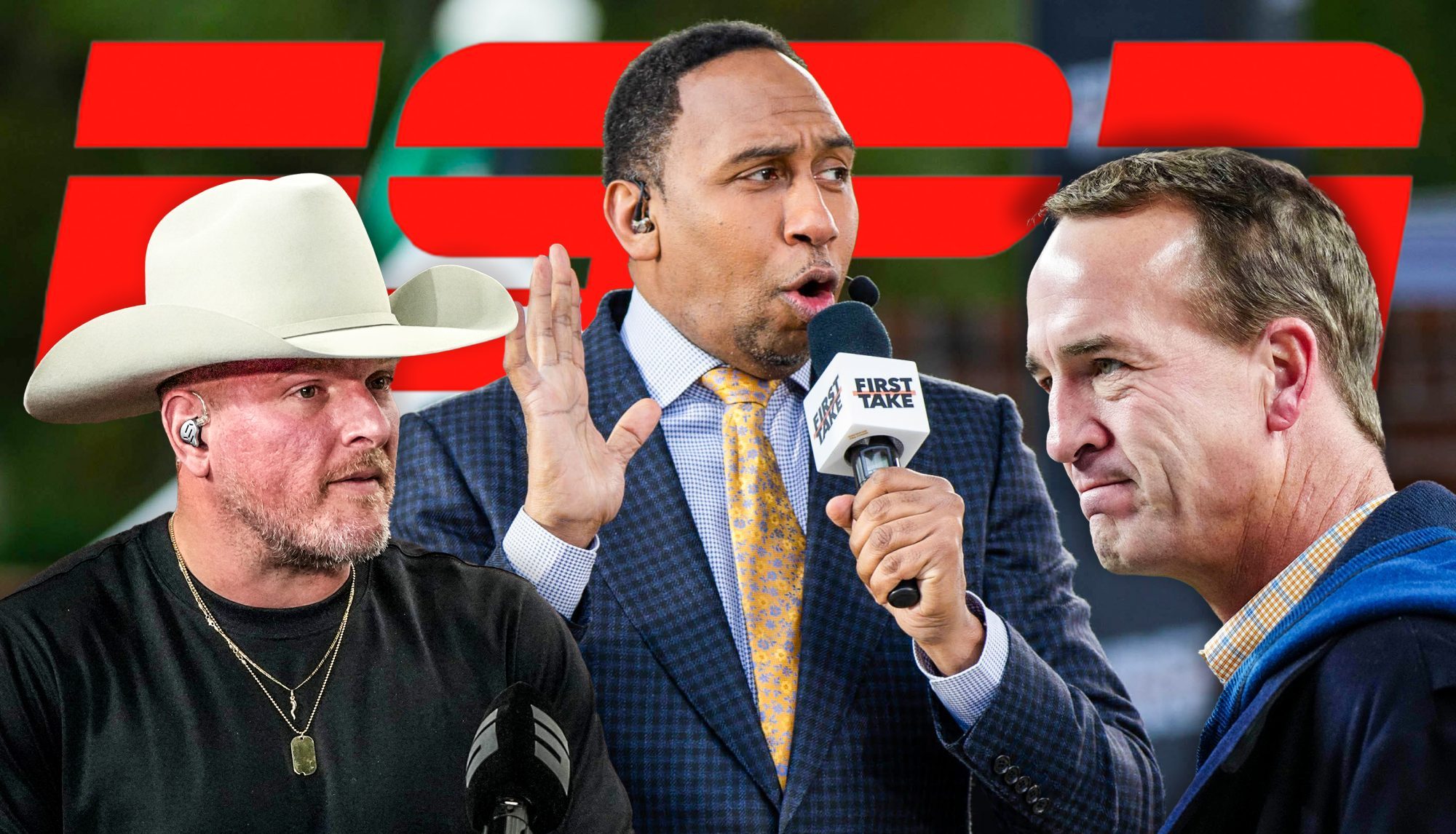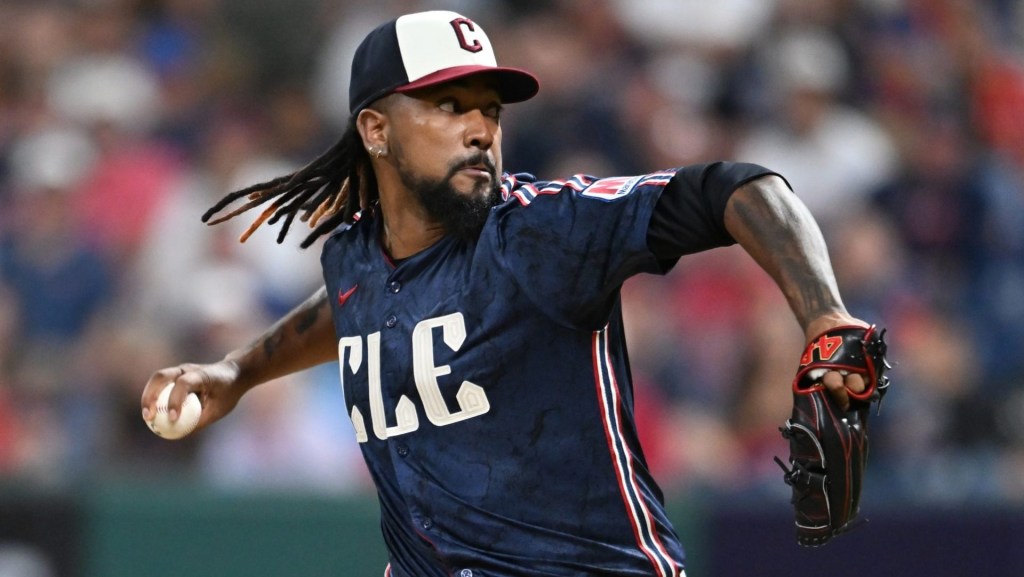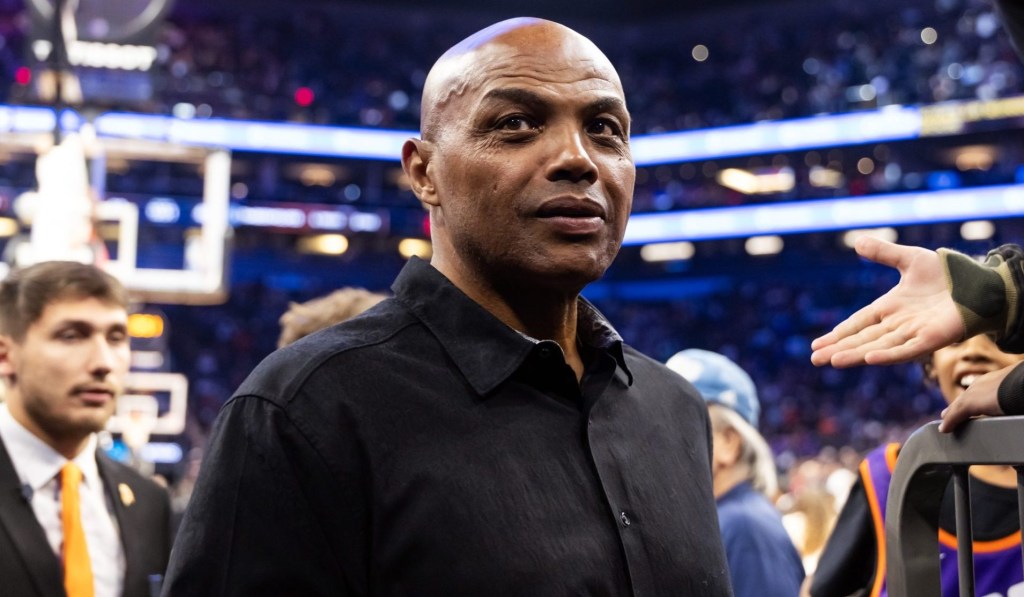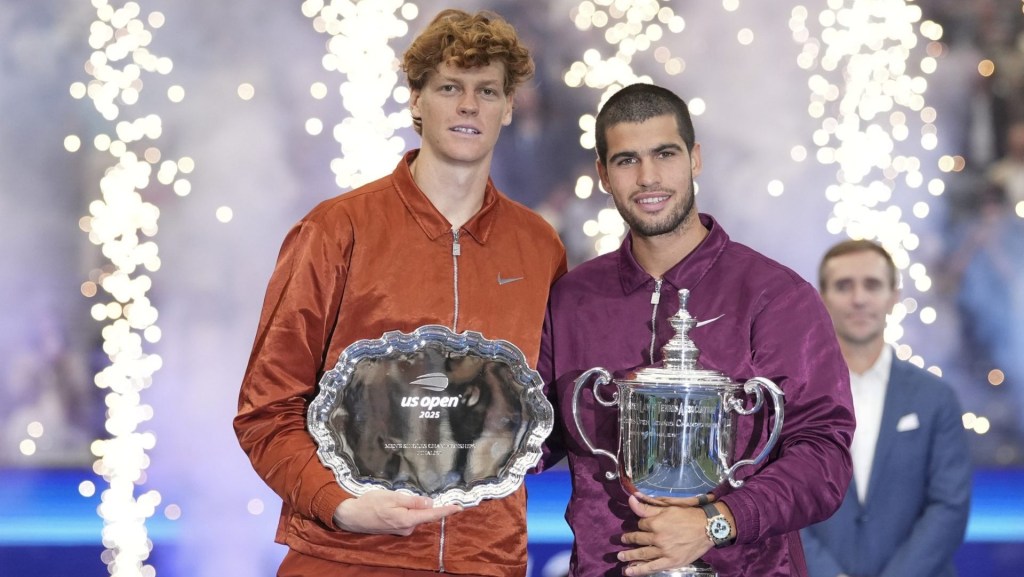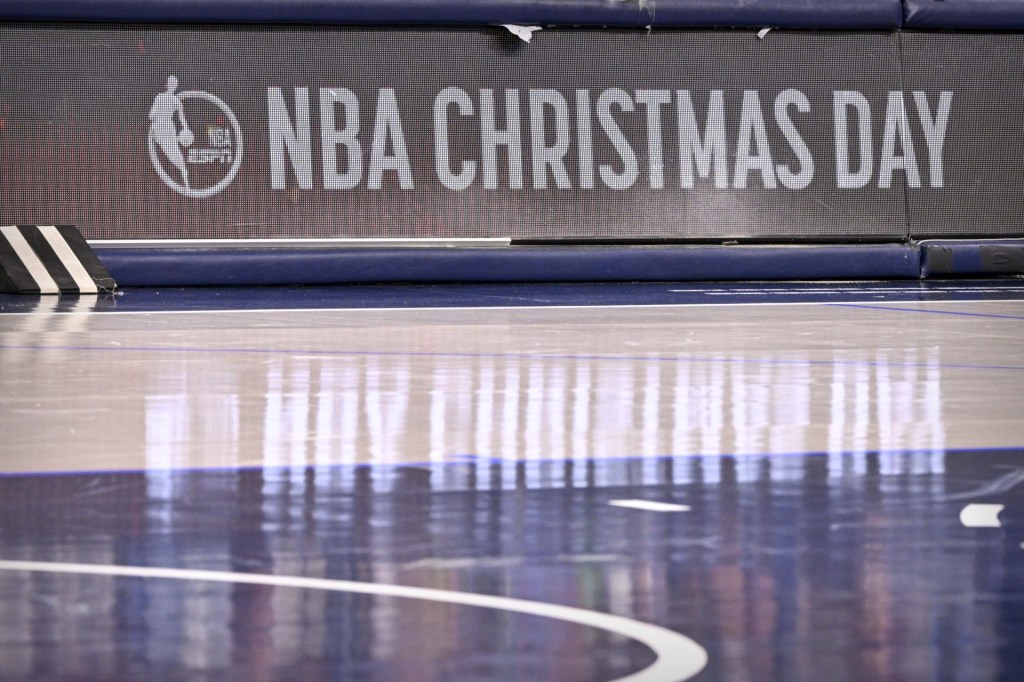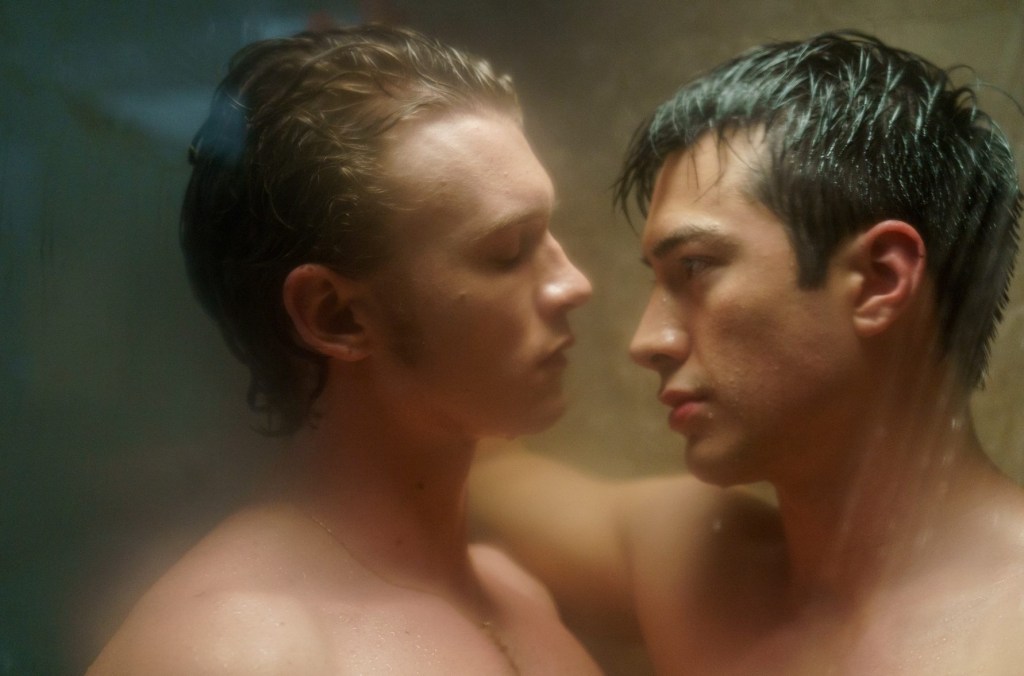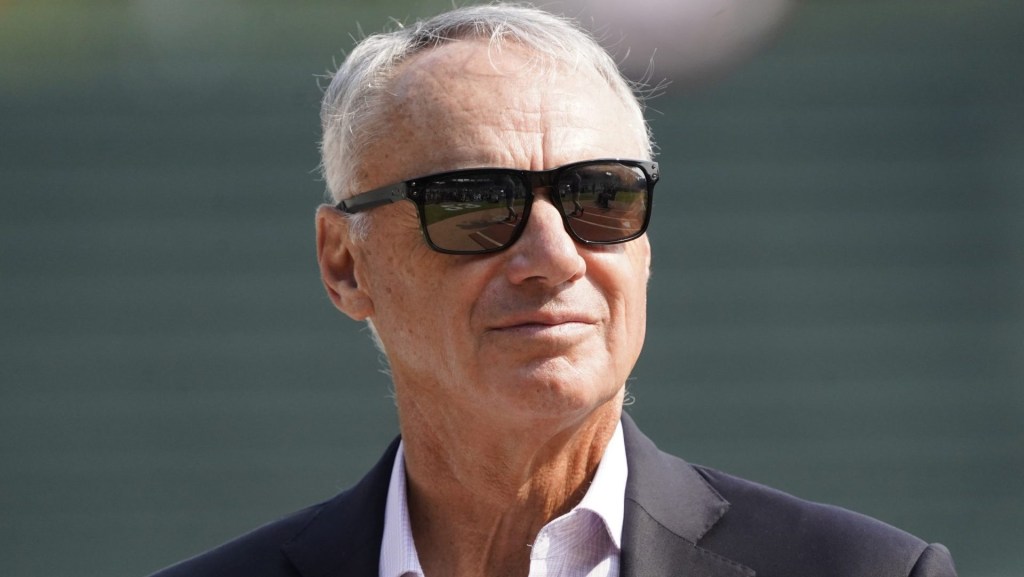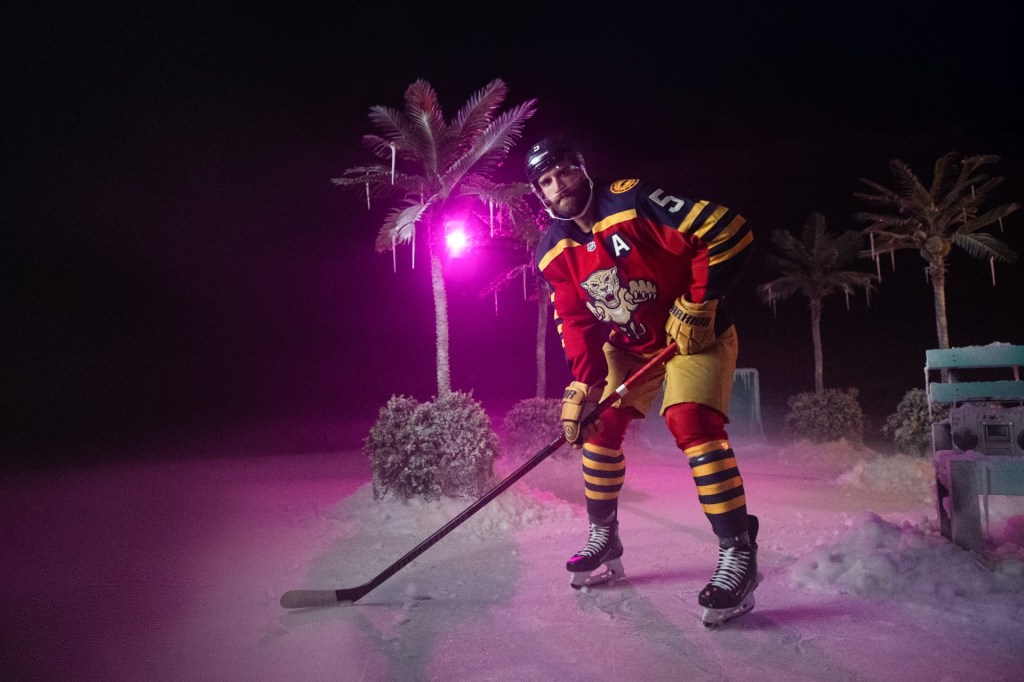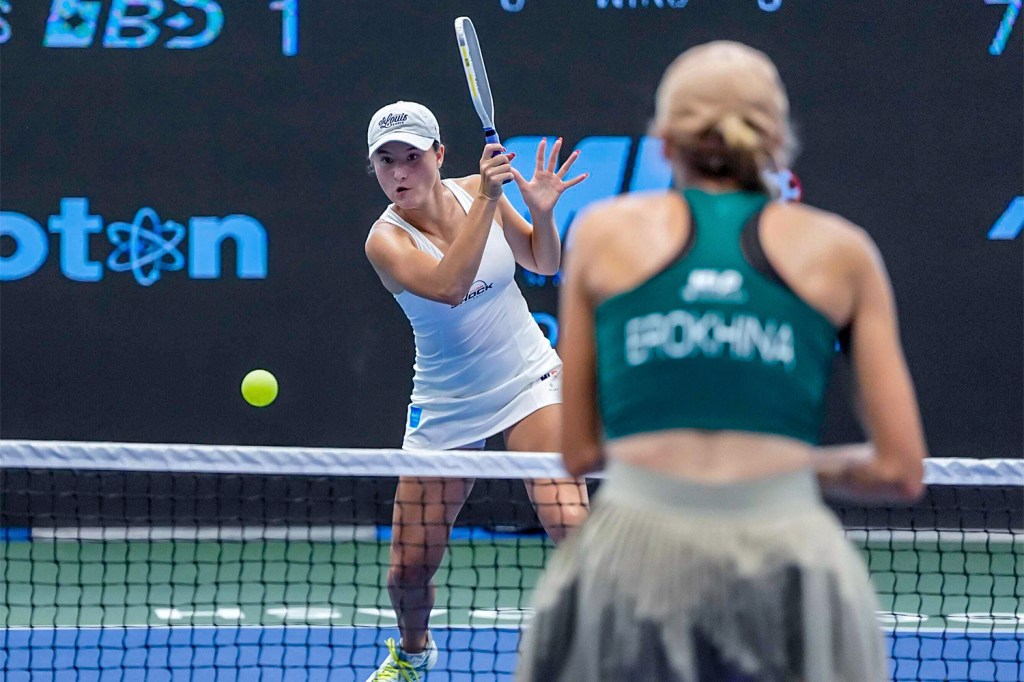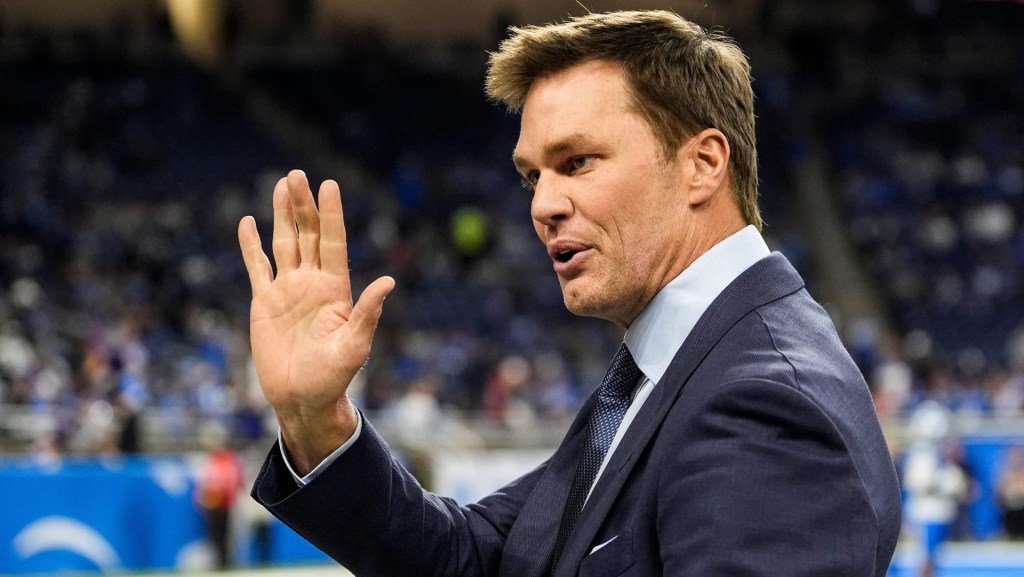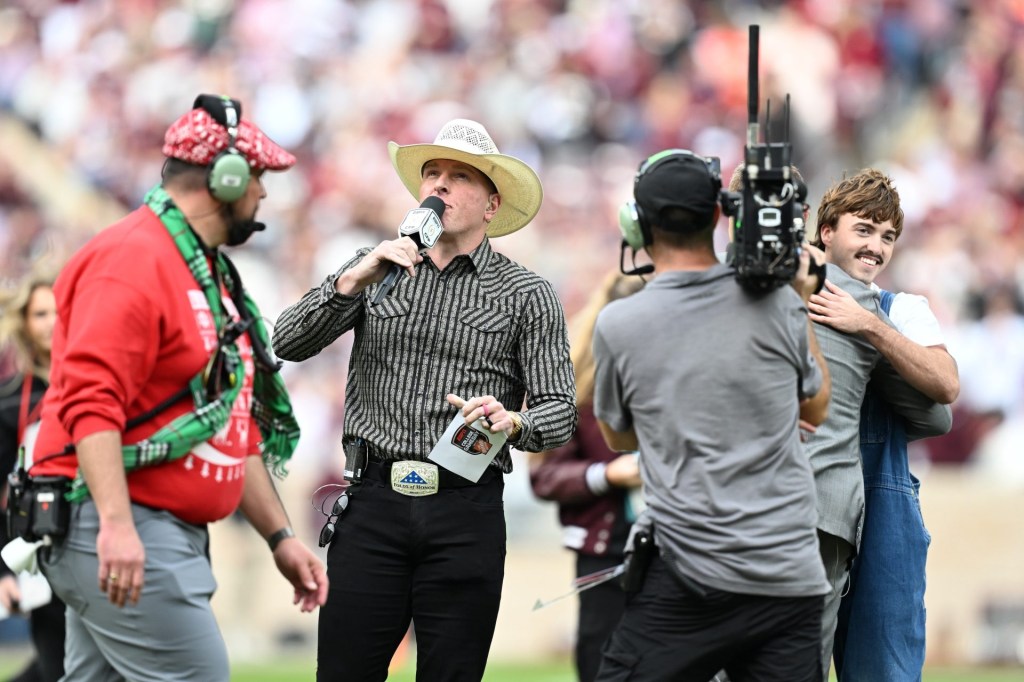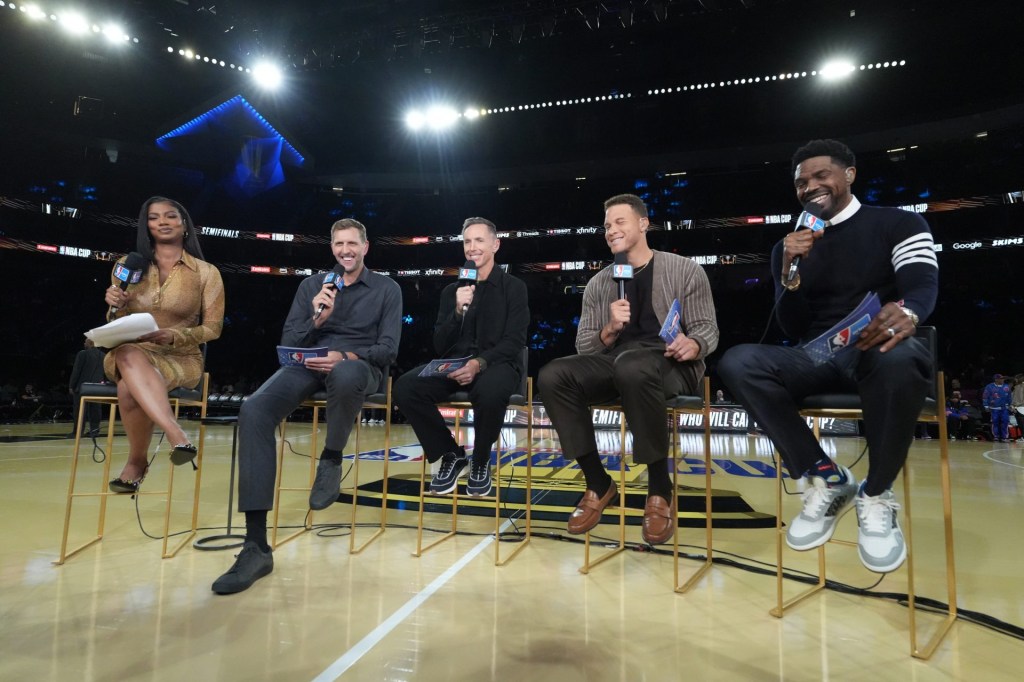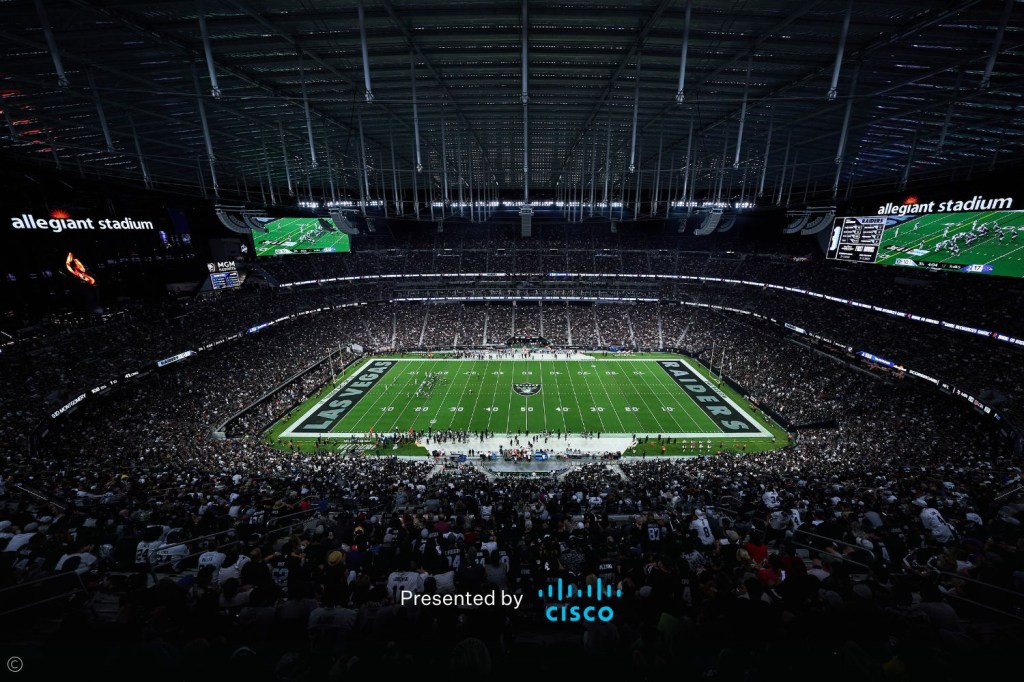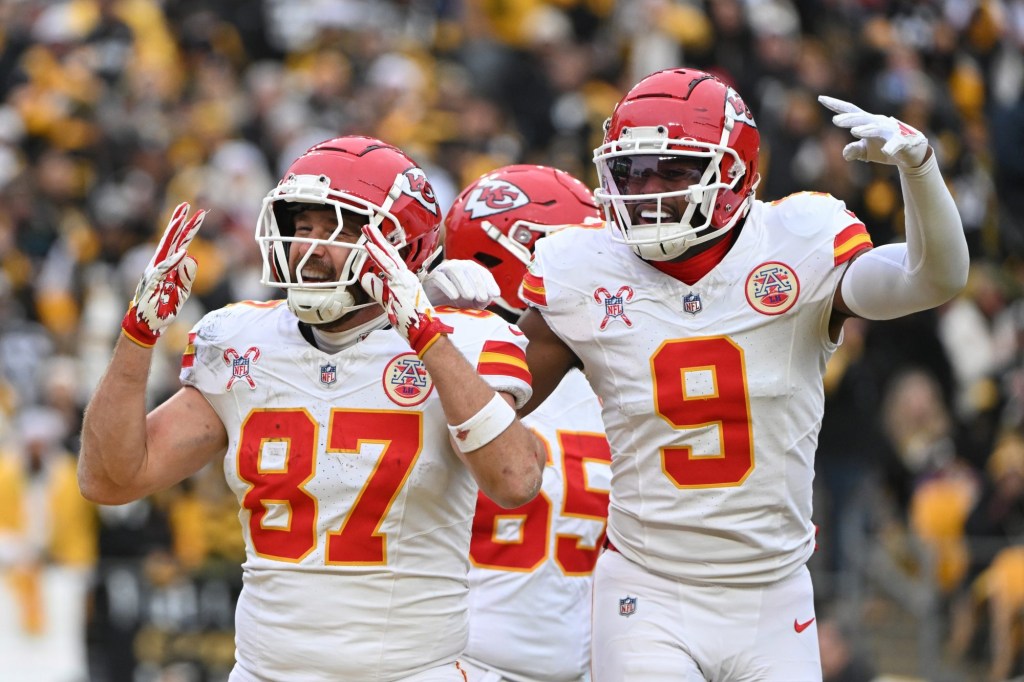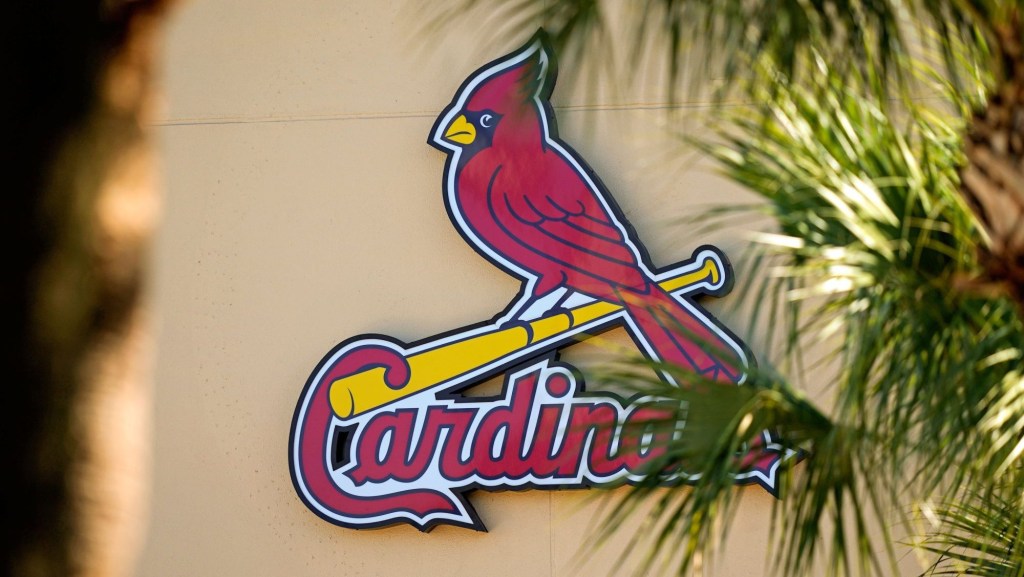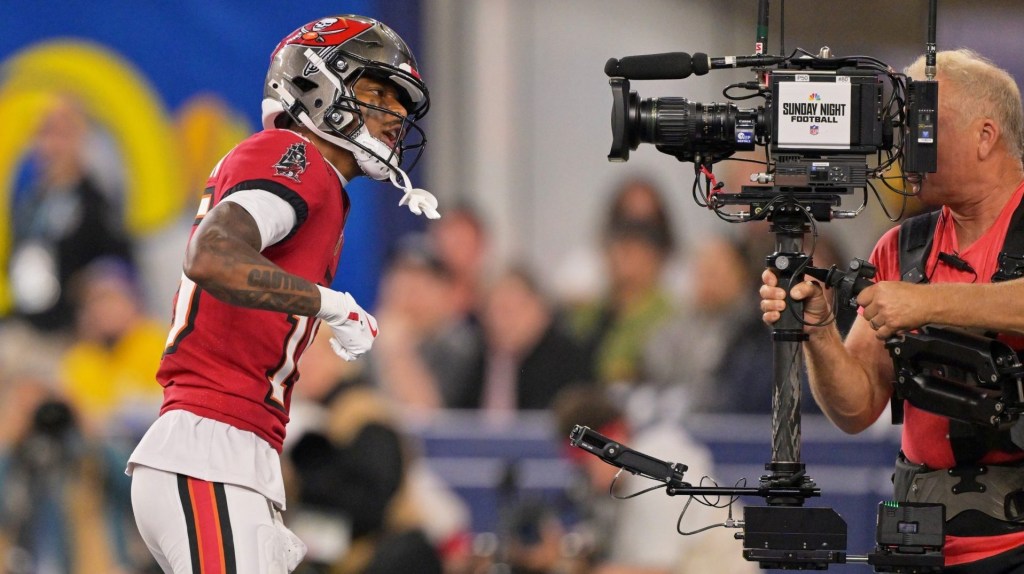Before ESPN allowed Pat McAfee, Stephen A. Smith, and Peyton Manning to produce their own content, there was The Decision.
In the summer of 2010, super agent Ari Emanuel pitched ESPN exec John Skipper on a TV special where LeBron James would announce where he was headed in NBA free agency. When the special aired that July, it took about 20 questions over 30 minutes for a dawdling Jim Gray to ask the one query fans wanted to know: Where was James headed after seven seasons with the Cleveland Cavaliers?
“This fall, I’m going to take my talents to South Beach and join the Miami Heat,” James responded.
Despite airing on ESPN, the show was not conceived by the network. It was actually a Detroit Pistons fan’s idea. James’s reps insisted that Gray, whose ESPN contract expired two years prior, do the interview, against the network’s pushback. ESPN had basically given over 75 minutes of airtime for The Decision special. When Gray dragged out the suspense to the fury of viewers, an impotent ESPN had no control. Even with the widespread backlash, the one-off episode remains the most-watched ESPN studio show ever.
“I think it was mutual use,” Skipper said in 2020. “It worked for everybody. LeBron was smart enough to figure out he could get a platform. He did. ESPN, I believe, was smart enough to understand we could get an audience and be the center of the universe. Despite all the media criticism, 10 million people watched. A lot of them watched incensed, but that’s O.K.”
The Decision—where ESPN gave up creative control of its programming firehose to a star with a tremendous following—and the rise of social media and streaming platforms showed the network was open to new ideas. Now, 13-plus years later, the experiment has come full circle, with ESPN renting content from McAfee and Manning’s Omaha Productions, while allowing Stephen A. Smith to establish his own outside media empire.
“People use the term control,” a former ESPN exec told Front Office Sports. “Nowadays, there is no such thing as control. You try to have it, but there’s just too many outlets, too many other ways to get your stuff out there. The people who seem to resonate are the ones that always seem like they’re just on the edge of control.”
Newfound ‘Leverage’
So goes the brave new world of ESPN. The old ESPN built its own stars and controlled its own programming, ex-SportsCenter anchor Jemele Hill tells Front Office Sports. But times are changing in a more fragmented, digitally-driven media world. It’s always risky for networks to give up creative control. But if ESPN doesn’t offer that freedom to its biggest personalities, those stars could go independent with their own YouTube shows and production companies.
“I’m not so sure if we’re in an age where ESPN can be as possessive of its talent as years past. It’s just not that kind of media model any more. If they want to keep high-profile talents like Stephen A. and Pat McAfee, they have to give them more creative freedom than we are accustomed to seeing,” says Hill, who took a $6 million buyout from ESPN in 2019. “There’s been a long list of very good, very smart, very talented people who’ve come through ESPN who desired the same thing. But these two [McAfee and Smith] were able to get the level of leverage. Even if they sometimes create headlines—or, some might say, headaches—then it’s worth it because of their general value to the network.”
Nobody has exploited that shifting power dynamic better than McAfee, the 36-year-old former NFL punter who built his show on YouTube before signing a five-year, $85 million deal to bring it to ESPN last September.
McAfee is not an ESPN employee. He’s an independent contractor licensing his eponymous afternoon show for a hefty fee. (He has a separate talent deal for his College GameDay appearances.) That gives ESPN cover when his show goes off the rails. Likewise, ESPN doesn’t produce The Pat McAfee Show. That gives McAfee more runway than any other talent. He used that freedom to call ESPN executive Norby Willamson a “rat,” and his most notable regular guest, New York Jets quarterback Aaron Rodgers, has pushed conspiracy theories to ESPN’s audience. When ESPN’s Mike Foss told FOS that Rodgers’s Jimmy Kimmel comments were a “dumb and factually inaccurate joke,” the four-time NFL MVP was quick to remind Foss who’s who in the pecking order. “I don’t work for you, Mike,” hissed Rodgers.
Similarly, ESPN allowed an increasingly powerful Smith to create his own eponymous show/podcast on YouTube in 2022. The digital platform allows the 56-year-old host of First Take to discuss politics, social issues, and his personal life without interference from his ESPN bosses. It’s no accident that Smith chose his own podcast to launch an expletive-filled 40-minute rant against Jason Whitlock, ripping his former colleague as a “fat bastard” and “piece of s—-.”
Old ESPN versus New ESPN
Back in the day, nobody was allowed to become bigger than the four letters. Skipper suspended stars like Smith, Hill, and Bill Simmons, who violated company guidelines or publicly criticized their colleagues. But there’s been no visible punishment for McAfee or Smith from ESPN chairman Jimmy Pitaro. Yet.
The fact that McAfee has seemingly gotten away unscathed with his attacks on the respected Williamson has left other ESPNers shaken. “It’s been one thing after another. Nobody knows what the next hour is going to bring,” one ESPNer tells FOS. “It’s a different world, I guess.”
Another industry source tells FOS that these types of attacks by ESPN staffers were “a staple of the Skipper era. This was happening all the time—and it really hurt ESPN, especially when it came to its relationship with the NFL. Then Jimmy [Pitaro] came in and fixed all this. He and others made the decision to hire likable, safe talent who celebrate sports. That’s what sports fans want.”
The Pitaro era, which began in March of 2018, after Skipper’s unexpected departure due to a cocaine extortion plot, has largely been peaceful and has included some major coups. Pitaro mended ESPN’s relationship with the NFL, leading to a 10-year deal that included the first Super Bowl on ESPN in its history, in February 2027. A year after that extension was agreed to, in 2021, Pitaro lured Troy Aikman and Joe Buck, arguably the best NFL broadcast duo, over from Fox Sports. In his first five years, he’s been largely successful in making his on-air talents “stick to sports.”
That doesn’t mean Pitaro’s reign hasn’t had a few bumps. Rachel Nichols was removed from all NBA programming, and her show, The Jump, was canceled in 2020 after leaked footage in which Nichols said Maria Taylor only got a key assignment because she was Black. But how did ESPN go from the highbrow Outside the Lines to the sports version of I Think You Should Leave? Start with the balance of power shifting toward a few high-priced personalities.
Bigger Than ESPN?
While The Decision represented one moment in time when ESPN broke pattern, the expansion of ESPN+ programming played a pivotal role in changing the power dynamic over the last few years.
Peyton Manning’s documentary series, Peyton’s Places, debuted in 2019, and Omaha Productions was founded by Manning a year later. That led to an even more expanded business relationship with ESPN as Peyton and Eli Manning started the ManningCast—officially called Monday Night Football with Peyton and Eli—which made its debut in fall 2021.
Launched as an alternate feed broadcast on ESPN2, while ESPN carried the main game feed, the ManningCast was (and remains) a pop culture hit. While it wasn’t the first experimental alternate feed, it has easily been the most successful. And Omaha controls its own content.
But giving Peyton and Eli Manning—two Super Bowl-winning quarterbacks who are about as controversial as Tom Hanks eating oatmeal—a straight line into ESPN’s broadcast feed didn’t carry nearly the same risk as handing creative freedom to McAfee, the occasional WWE wrestler and announcer.
The host of The Pat McAfee Show starred at WrestleMania 39 last year. His attacks on the “old hag” Williamson resembled a promo for a steel cage match. The only thing missing was Ric Flair yelling, “Wooh!”
McAfee’s power play has succeeded—so far. To the surprise of executives inside and outside ESPN, McAfee, Rodgers, and Smith seemingly sailed through the storms they created with no repercussions. Only one day after McAfee announced that Rodgers’s appearances were done for the season in the wake of his comments that suggested Kimmel’s name could be on documents related to convicted sex offender Jeffrey Epstein, the four-time NFL MVP was back on the air to discuss the retirement of Bill Belichick.
Power Plays
Here’s the problem for ESPN executives: They have less leverage over top stars like McAfee and Smith than ever before.
First, the top personalities of the new ESPN earn far more than they did in the past. McAfee, for example, made a total of about $15 million during his eight seasons as an Indianapolis Colts punter. Now he’s paid more than that annually by ESPN—and nobody on his show is an ESPN employee. Before joining ESPN, McAfee had a $30 million annual deal with FanDuel. How exactly is ESPN supposed to “punish” McAfee, asked one source, short of yanking his show off the air?
Smith, meanwhile, earns $12 million a year, and he could make $20 million annually on his next contract. Like McAfee, he owns his own company, Mr. SAS Productions, that utilizes YouTube and a podcast hosted outside of ESPN. Smith has talked openly about moving from ESPN to late-night TV, entertainment, or politics. (His owned-and-operated YouTube show now boasts 518,000 subscribers.) Aikman and Buck will take home a combined $165 million over five years. But they’re poised to call ESPN’s first Super Bowl in 2027.
In economic terms, ESPN wiped out its middle class in favor of a handful of millionaires.
Second, ESPN’s biggest stars have more career options than before. With a few exceptions, like Robin Roberts and Dan Patrick, most of the talents who left or got booted from what Patrick calls “The Mothership” entered the career Witness Protection Program. Even seven years ago, ESPN talents looking for a new gig were out of luck unless rival sports cable networks like FS1 and the now defunct NBCSN were hiring. Now: McAfee, Manning, and Smith can take their owned-and-operated shows to YouTube or Amazon Prime Video. Not to mention sports betting platforms trying to morph into media companies, such as FanDuel or DraftKings. If they play their cards right, they can sell their businesses for a fortune, as Simmons did in selling The Ringer to Spotify for $200 million in 2020.
If ESPN management flexes their muscles too much, McAfee and Smith can go independent.
McAfee is notorious for not finishing his previous contracts at FanDuel, DAZN, and Barstool Sports. Smith’s ESPN deal expires in less than 18 months. If ESPN doesn’t make him its highest-paid employee, he could bolt. On the management side, many of the old guardrails in Bristol are disappearing as a new generation of executives embrace sports betting and the flagship channel’s direct-to-consumer future. As one industry source asks: “ESPN’s mantra is ‘Serving Sports Fans.’ Are they serving sports fans with all this?”
Rather than laying down a blanket “stick to sports” mandate, the best ESPN may be able to do is to try to steer its personalities away from controversial subjects. Good luck, especially with a presidential election coming up that could feature ESPN critic Donald Trump. So, welcome to the new ESPN. As Flair—the subject of an ESPN 30 for 30 doc—would say: If you don’t like it, learn to love it.
“The days of ESPN being able to control every movement of what their talent does are over,” warns Hill, who now writes for The Atlantic. She gives a self-deprecating laugh. “Selfishly, I wish they would have come to this conclusion sooner.”
